Electric cars are seen as the future, but many Americans are still unsure about switching. People are still preferring gas cars over electric versions, as they’re seen as being more reliable. Here are 18 reasons why many Americans are voting against electric cars.
High Initial Costs

The Guardian writes, “No manufacturer has produced a genuinely affordable mass-market electric vehicle.” A hefty price tag can be the main reason why Americans still prefer gas cars. The higher price can be a big hurdle for many people, especially if you’re looking at models that have more features.
Limited Charging Infrastructure
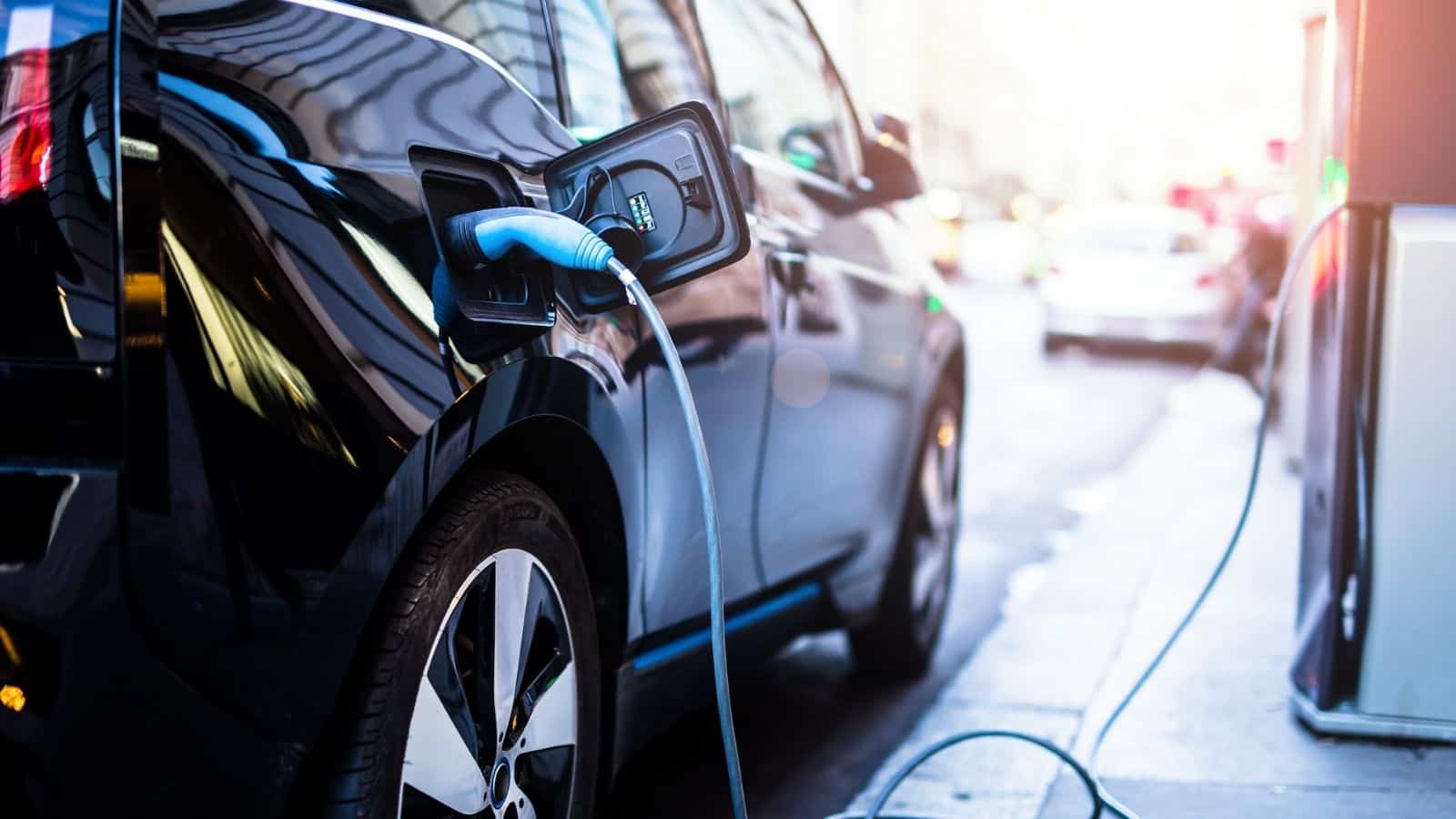
Charging stations are a big worry. Cities usually have enough, but rural and suburban areas often don’t. This lack of chargers can make people nervous about running out of power, making long trips and daily commutes tougher. It makes Americans feel that electric cars are unreliable.
Range Anxiety

Electric cars usually can’t go as far on a single charge as gas cars. Even with better batteries, many people worry about running out of power during daily drives or long trips, which makes some people hesitant to switch to electric vehicles.
Long Charging Times

Charging an electric car takes much longer than filling up a gas tank. Even with fast chargers, it can take 30 minutes to an hour for a good charge, while gas refilling takes just a few minutes. This can be a hassle for people with busy schedules.
Limited Model Options
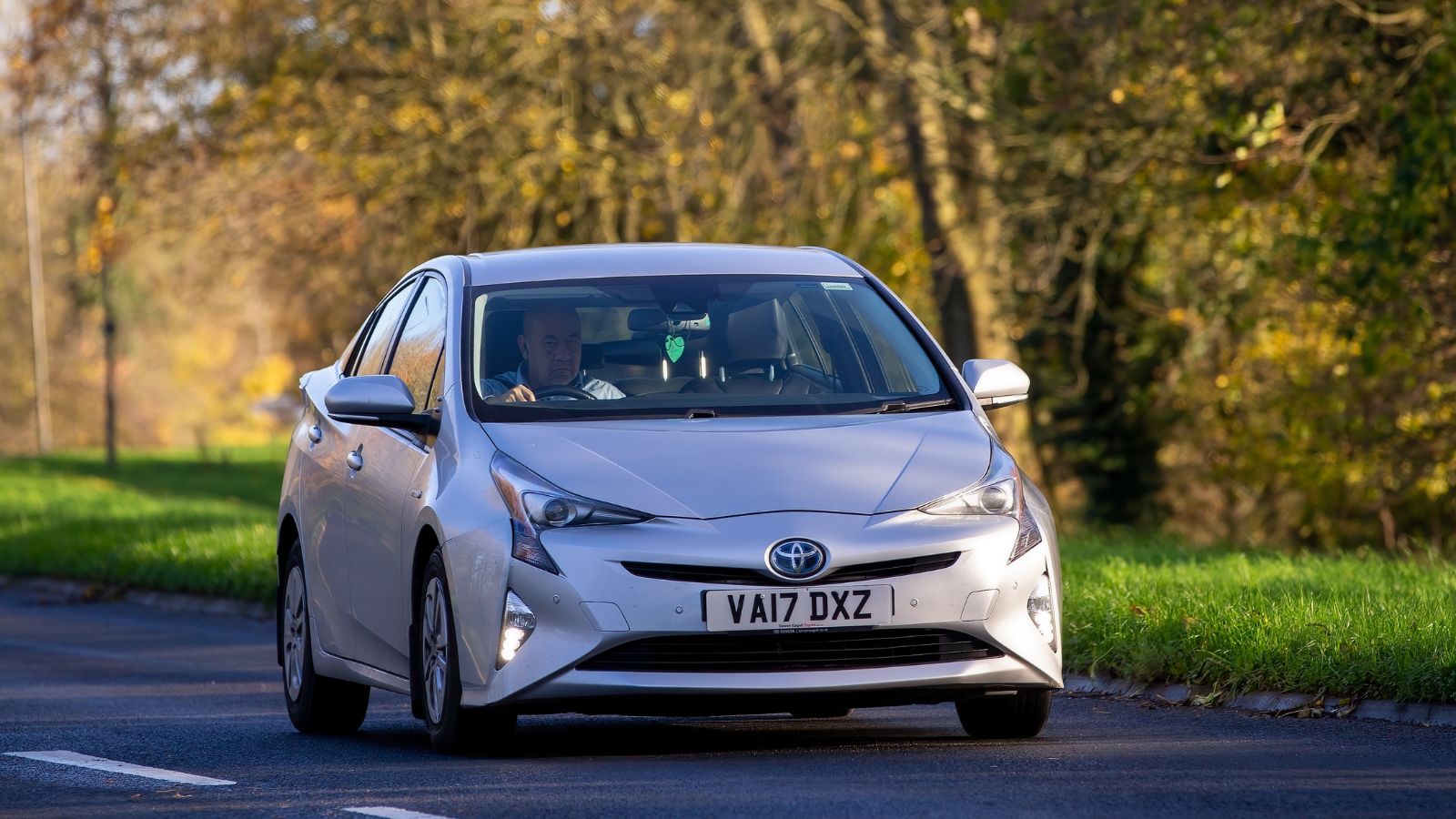
There aren’t many electric car models yet. Gasoline cars offer more options in size, style, and performance. This limited variety can put off buyers who want specific features or types of vehicles that electric cars don’t have yet.
Battery Degradation Concerns
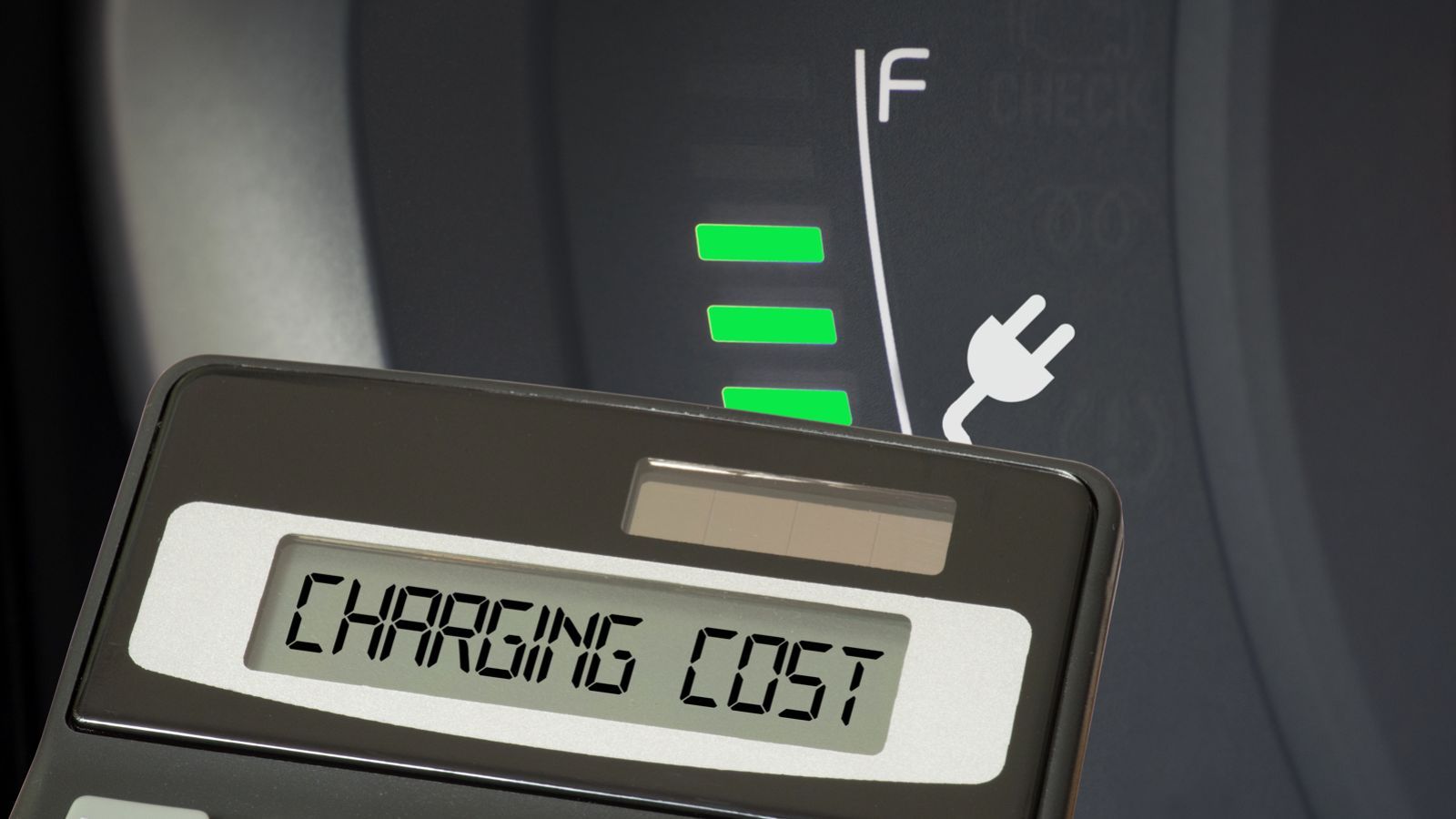
Over time, electric car batteries can wear out, reducing how far you can drive and the car’s efficiency. This drop in performance worries many people, as they dread the high cost of replacing the battery or dealing with a car that doesn’t run as well as it used to.
Higher Insurance Costs

Electric cars can have higher insurance costs than gas cars. This is because fixing electric vehicles costs more and mechanics need special training to work on them. These extra costs can make owning an electric car more expensive overall.
Environmental Impact of Battery Production
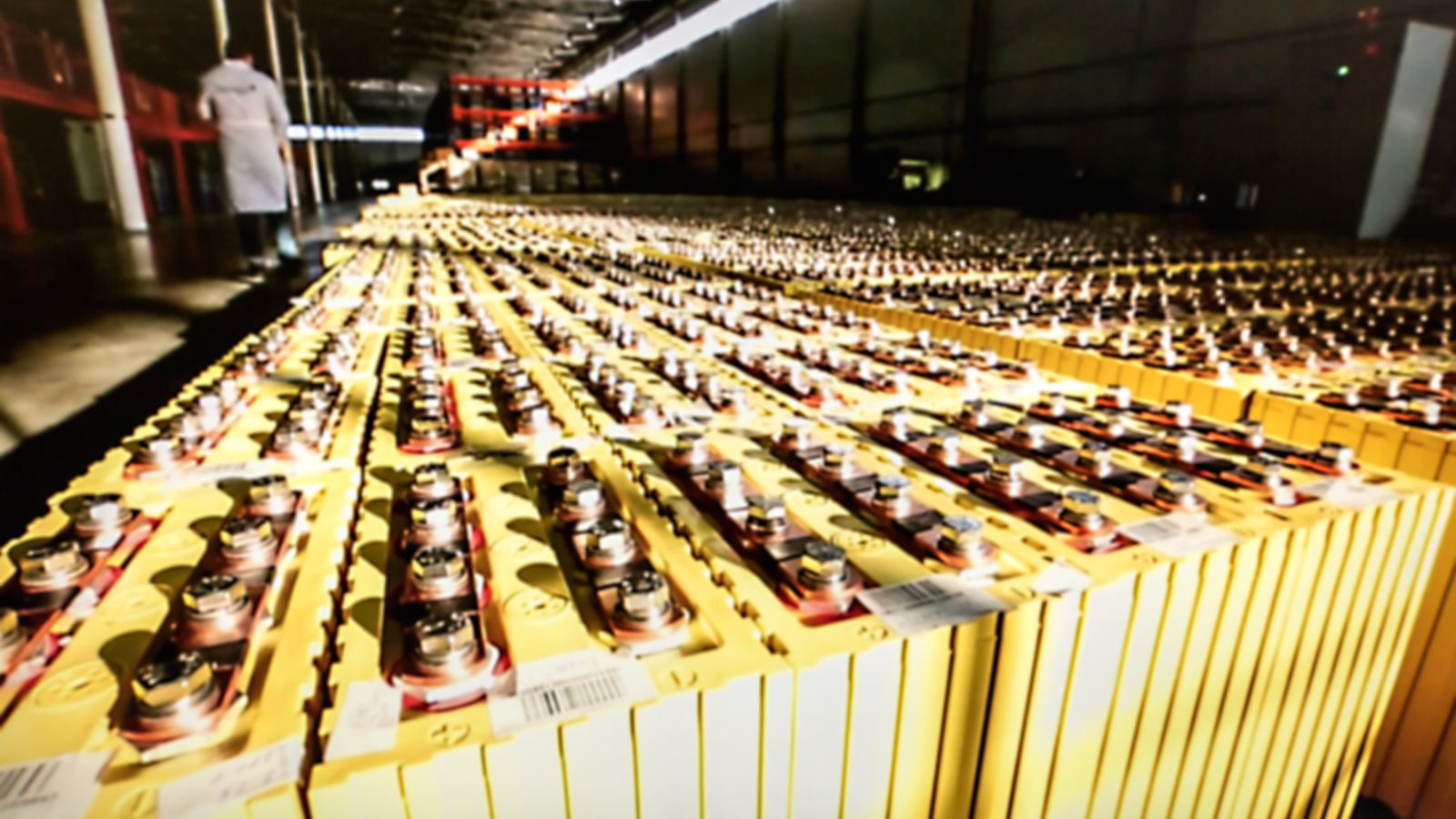
Making electric car batteries raises environmental issues as mining and processing materials like lithium and cobalt can harm the environment. This has led to some people questioning how eco-friendly electric vehicles actually are.
Performance in Cold Weather
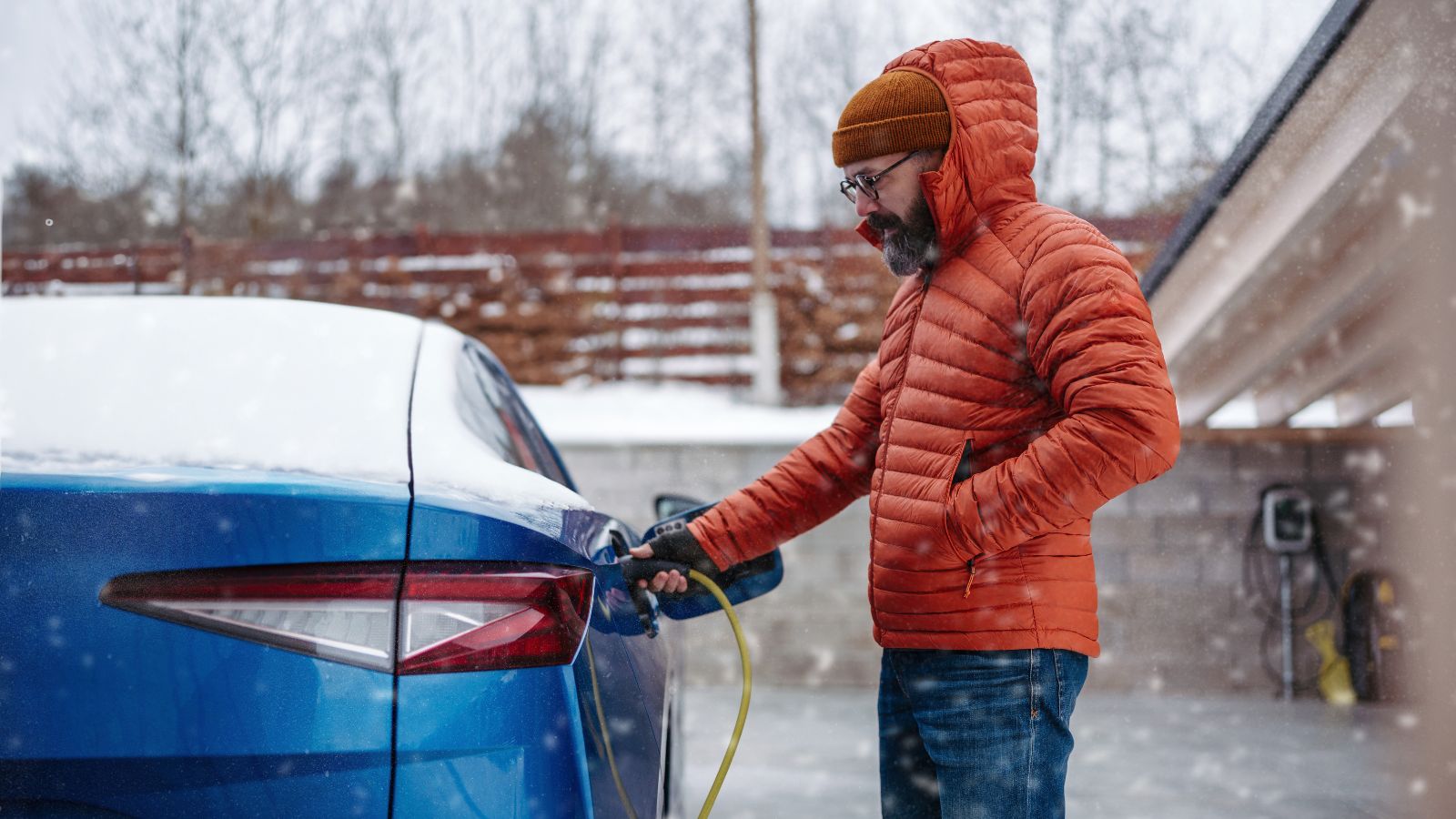
Electric cars don’t perform as well in cold weather. Most notably, the battery’s efficiency drops, leading to shorter driving ranges and longer charging times. This is a big concern for people in colder areas, as it makes electric vehicles less reliable during winter.
Limited Towing Capacity

If you need a car that can tow heavy loads, electric cars might not cut it. Most EVs aren’t built for towing big things like trailers or boats, which is a big downside for folks who need to haul stuff regularly. For this reason, many Americans prefer to stick with gas cars.
Concerns Over Battery Fires
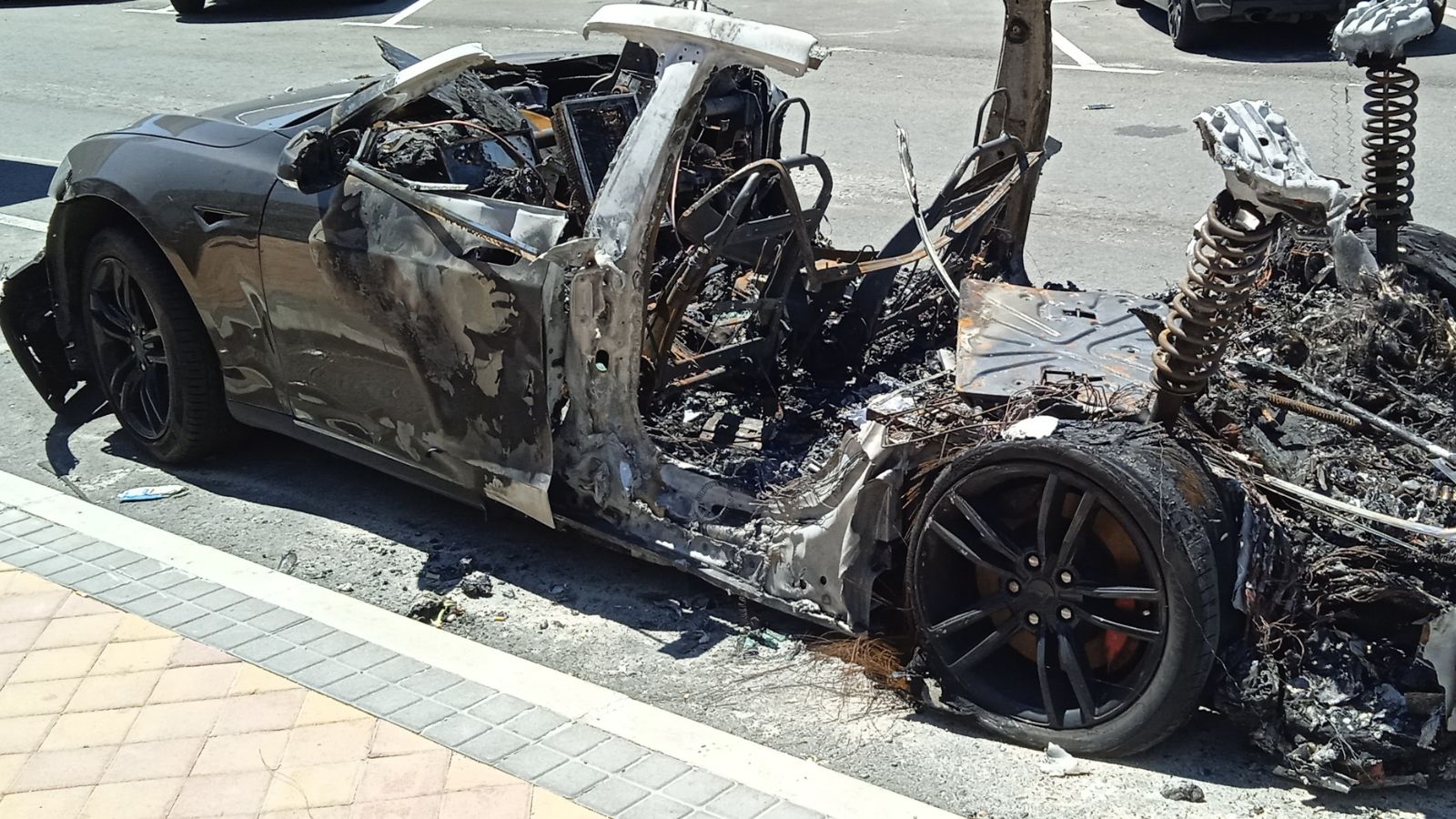
Even though it’s rare, reports of battery fires in electric vehicles have raised safety concerns. The potential risk of fire, especially in accidents or during charging, makes some consumers wary of adopting electric cars despite their overall safety record.
Higher Repair Costs
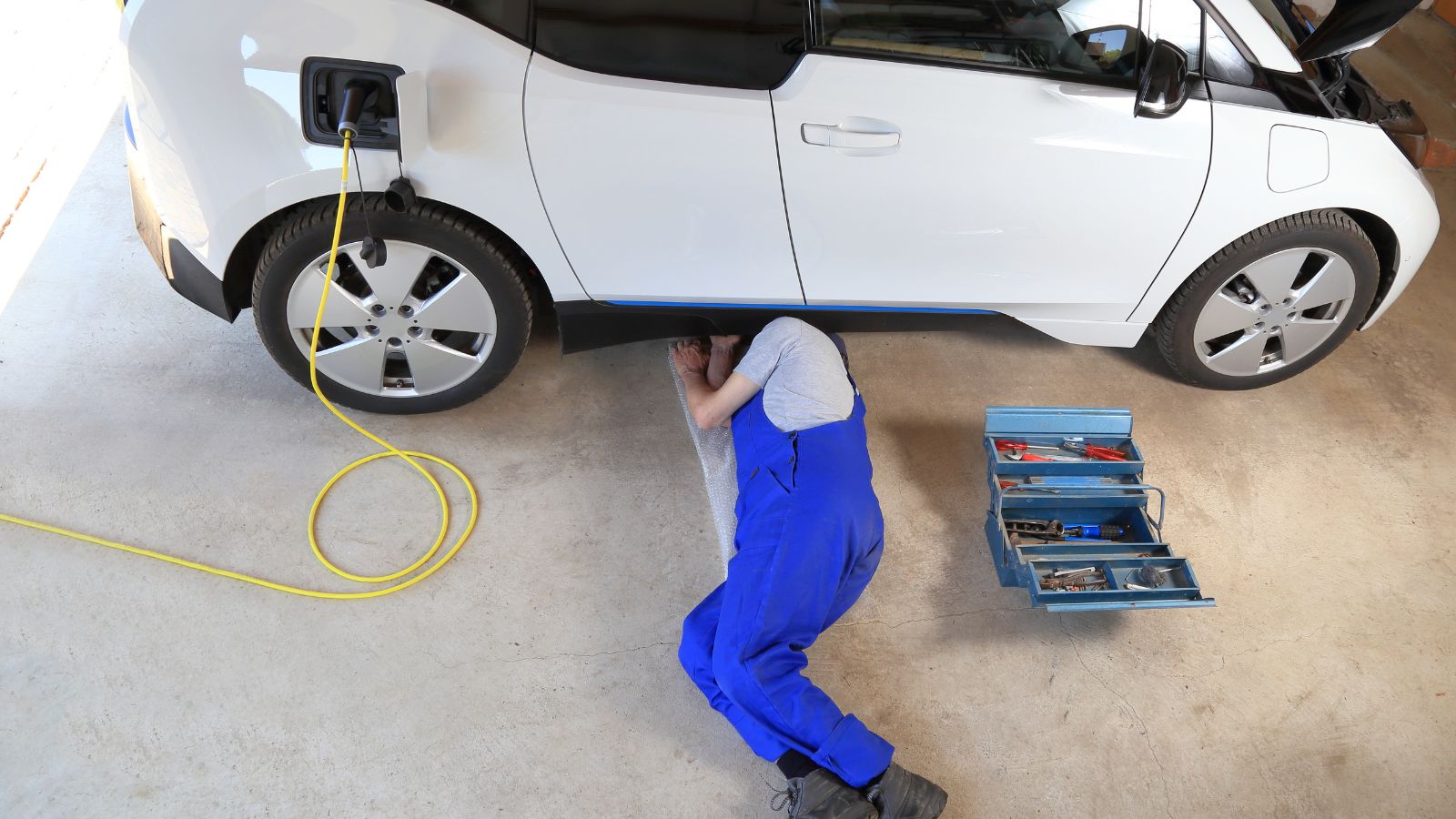
It can be more expensive to repair electric vehicles compared to traditional vehicles. The specialized parts and labor required for EV repairs contribute to higher maintenance costs, which can be a deterrent for potential buyers who are budget-conscious.
Lack of Familiarity
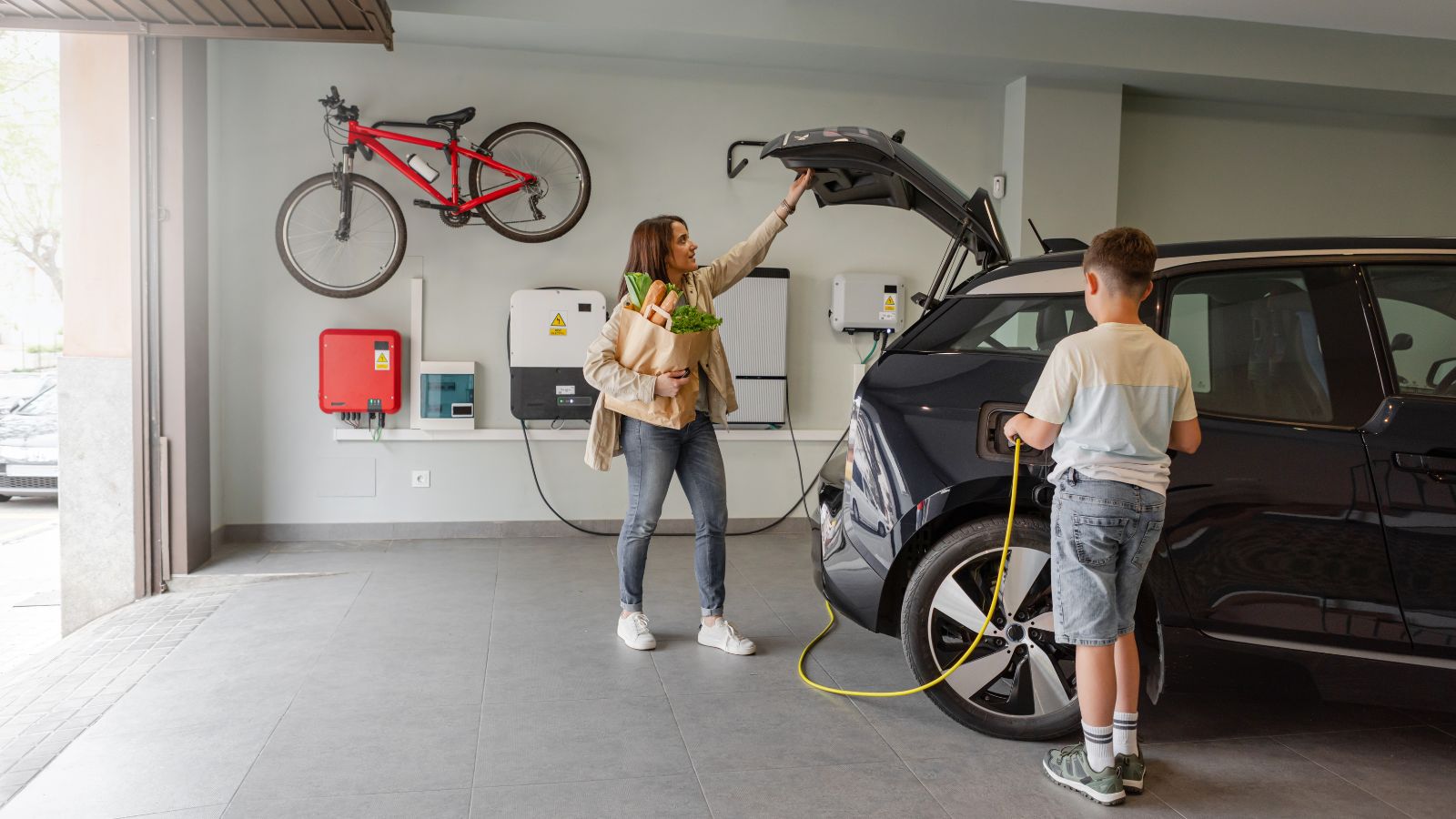
Many consumers are simply more familiar with gasoline cars. The learning curve associated with understanding and maintaining an electric vehicle can be intimidating. This lack of familiarity can lead to hesitation and a preference for sticking with the known and trusted gasoline models.
Resale Value Uncertainty

As electric cars are fairly new, there’s uncertainty when it comes to their resale value. Concerns about how quickly technology advances and battery degradation can impact the long-term value of EVs. It makes potential buyers skeptical about their investment, fearing significant depreciation over time.
Availability of Repair Services
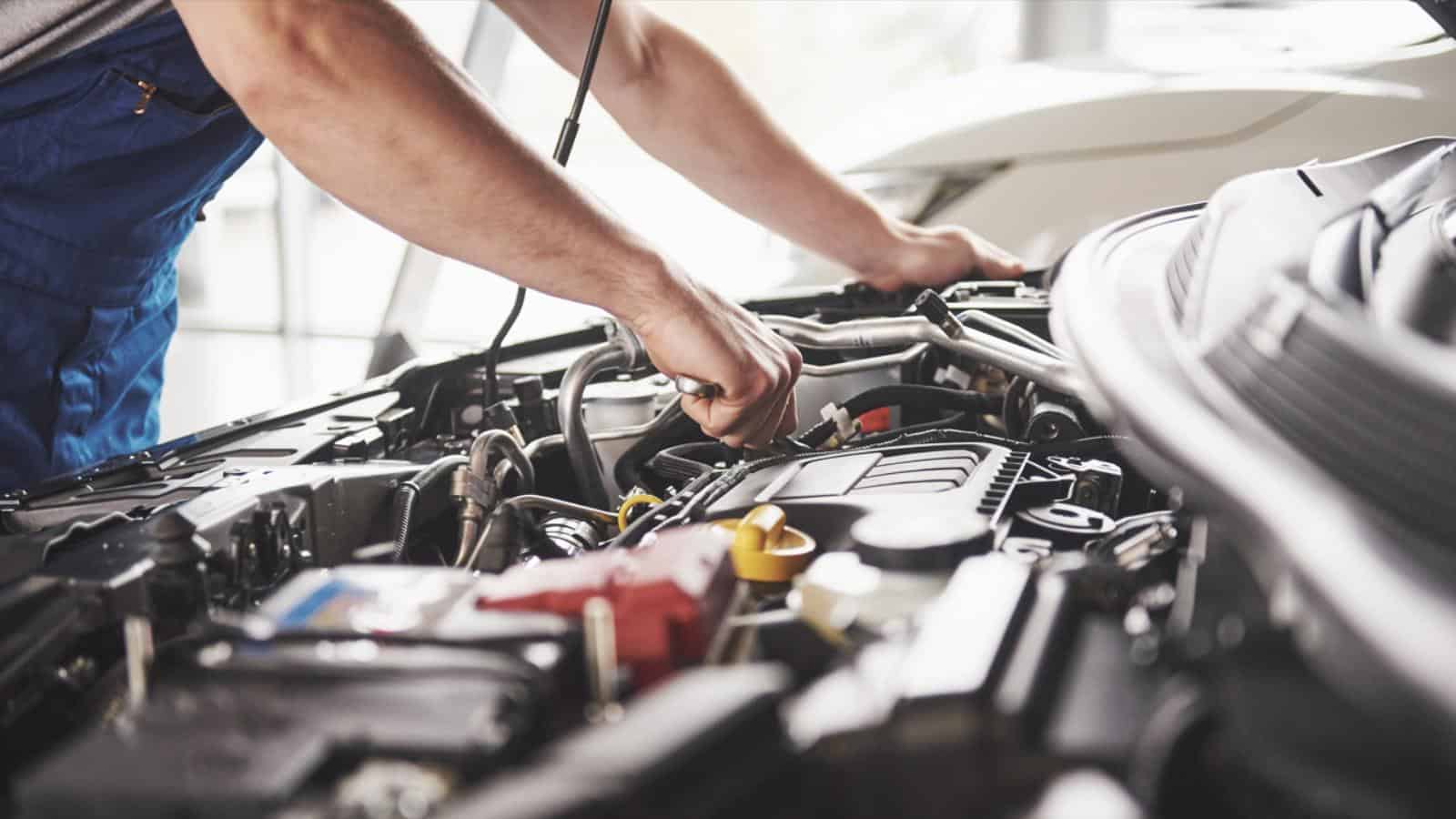
Finding qualified technicians to service electric vehicles can be challenging. Not all mechanics are trained to handle the unique aspects of EV maintenance, leading to limited service options and potentially higher costs, which can discourage potential buyers.
Heavy Dependence on Technology
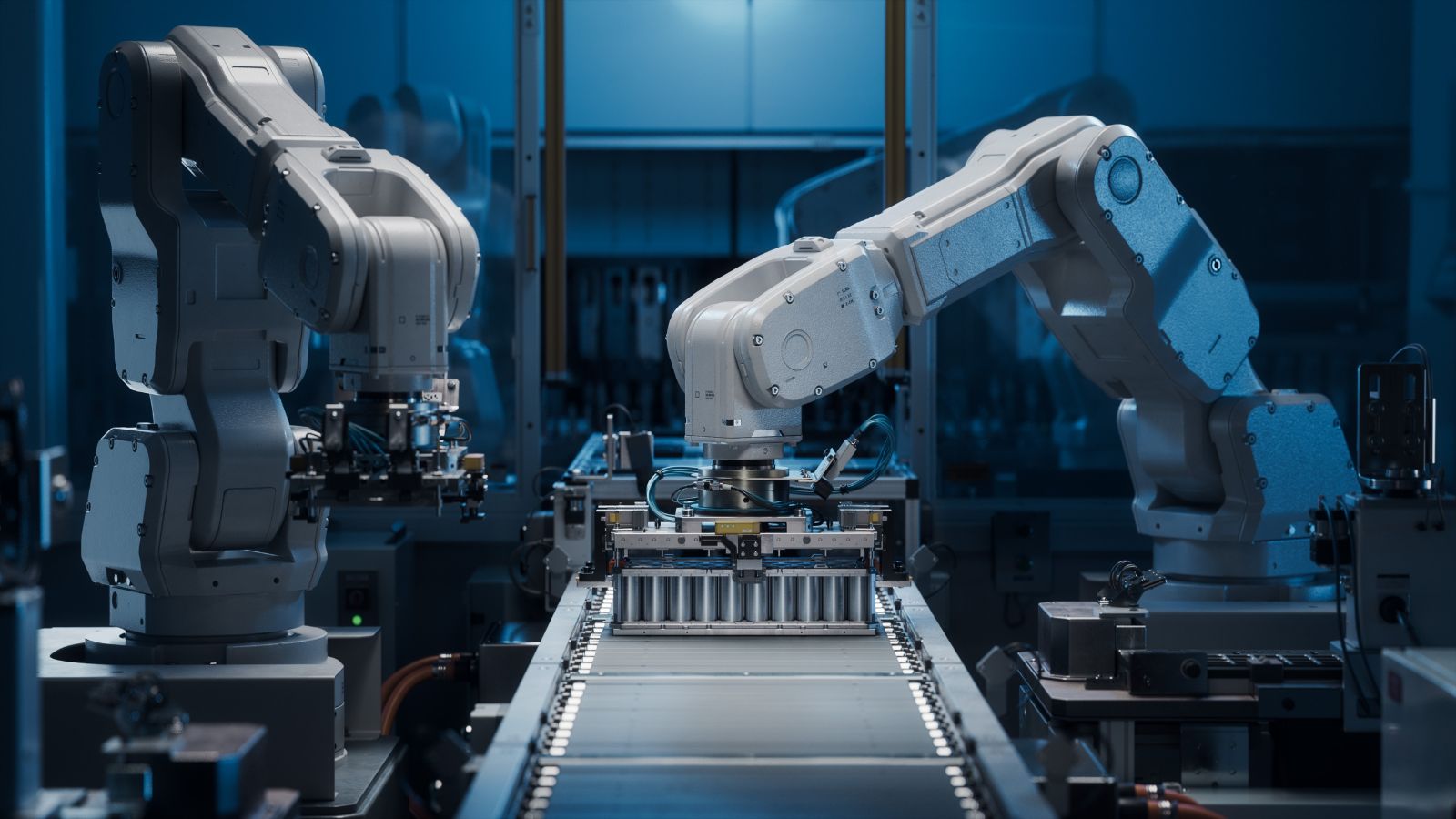
The fact that electric cars rely heavily on advanced technology can be both a benefit and a drawback. The complexity of these systems means that any technological failure can render the car inoperable, requiring specialized repairs that might not be readily available.
Uncertain Longevity

The long-term durability of electric vehicles remains a question for many. While traditional gasoline engines have a proven track record of longevity, the newer technology in electric cars has yet to establish the same level of trust among consumers, making them cautious.
Cultural and Lifestyle Factors
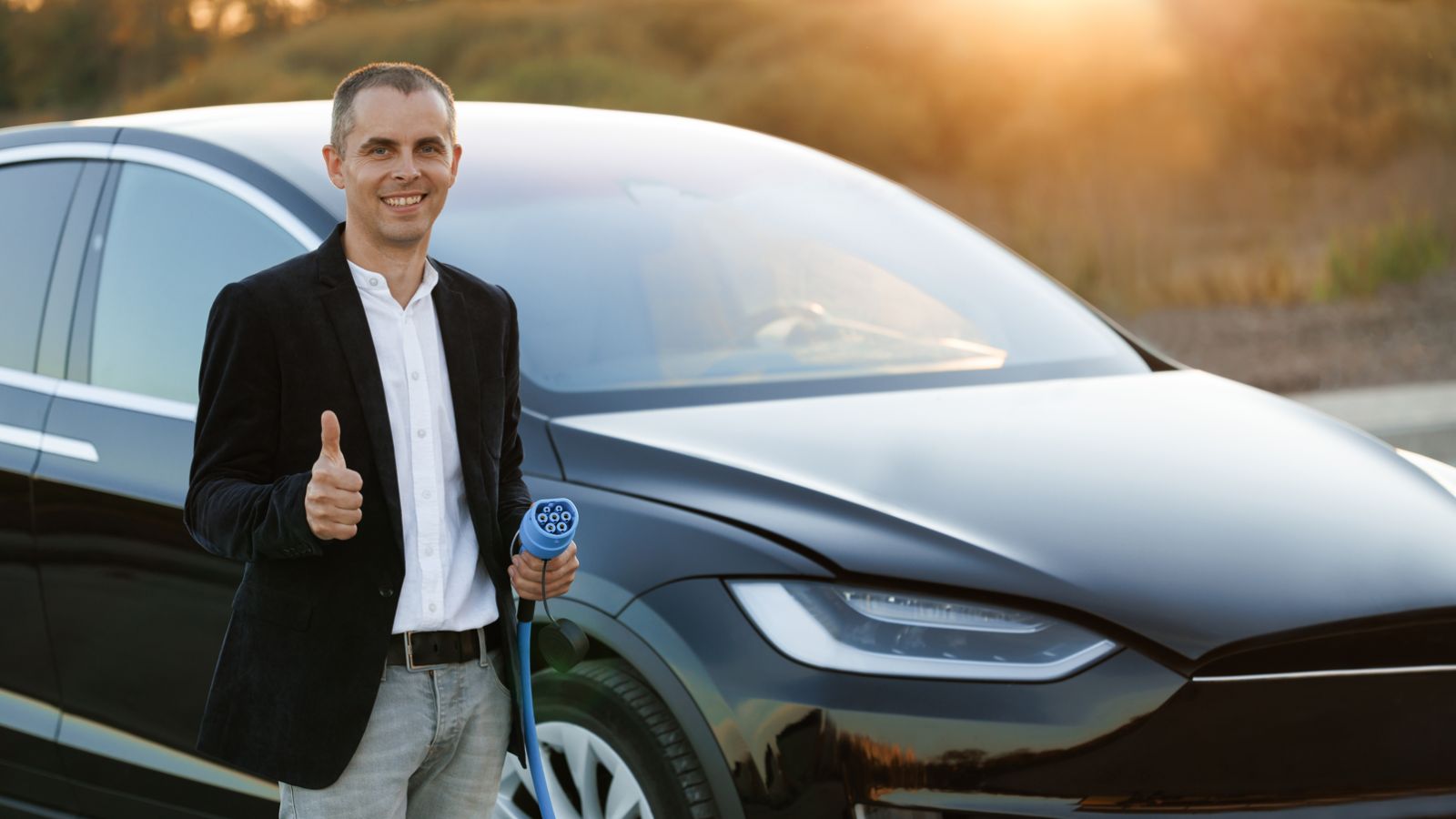
Many Americans are set in their ways and cultural habits and lifestyles make people hesitant to switch to electric cars. For many Americans, it’s not just about trading gas for electricity; it’s a big change in daily life. This shift can be a major hurdle in getting people to adopt electric vehicles.
Up Next: 18 Cities in the US That Are So Bad You Won’t Want to Visit

While there are many beautiful cities in the U.S. that are well worth a visit, there are also some that you may want to avoid. This is largely due to high crime rates or issues with quality of life. Here are 18 U.S. cities that you won’t want to visit.
18 Cities in the US That Are So Bad You Won’t Want to Visit
19 American Cities That Disappoint Visitors So Much They Wish They Never Went

The United States is a vast country with over 109,000 cities and towns and many popular tourist hotspots, promising visitors fascinating history, famous landmarks, natural wonders, impressive architecture, and cultural delights. But not every city lives up to the hype! Here, we explore 19 American destinations that often leave visitors underwhelmed.
19 American Cities That Disappoint Visitors So Much They Wish They Never Went
19 Signs That Say You’ve Officially Entered Old Age

Old age comes for us all, though we do our best to resist it for as long as possible. But aging isn’t only gray hair, wrinkled skin, and yelling at kids to get off your lawn. Here are 19 signs you’ve realized you’re no longer the young stud you once were!

